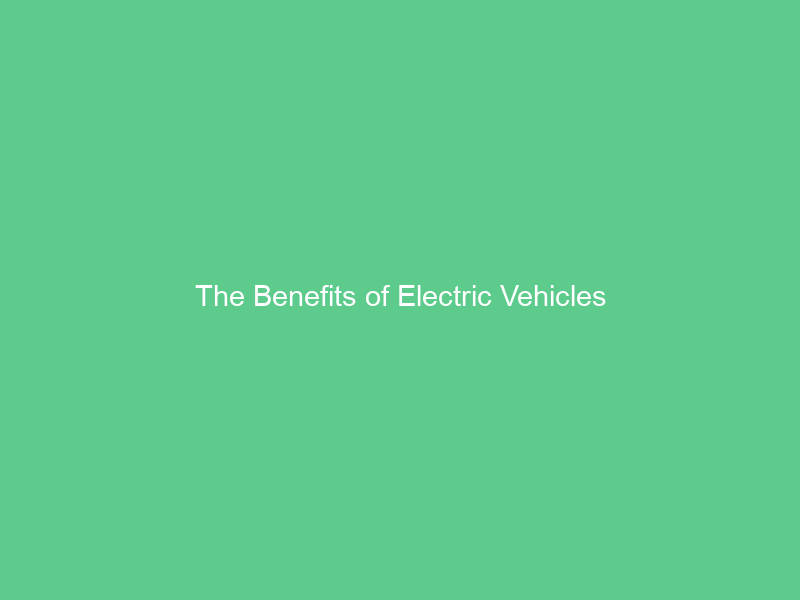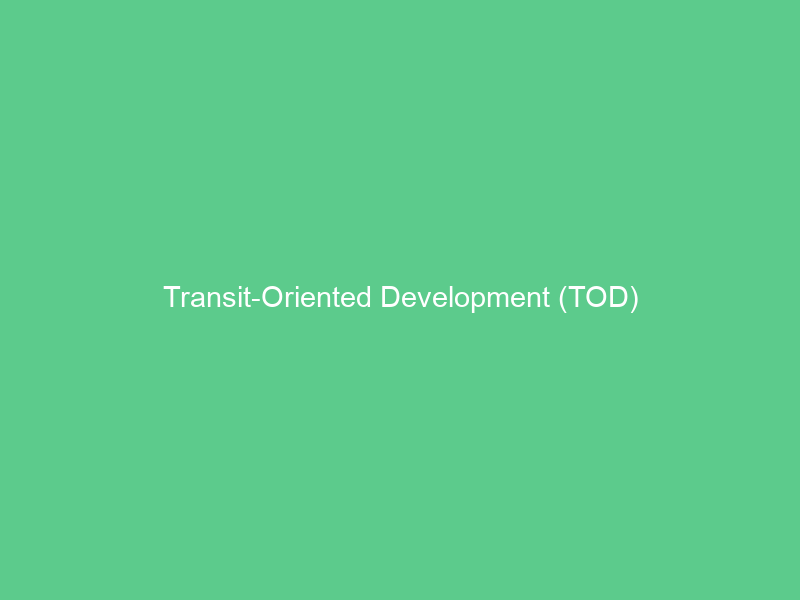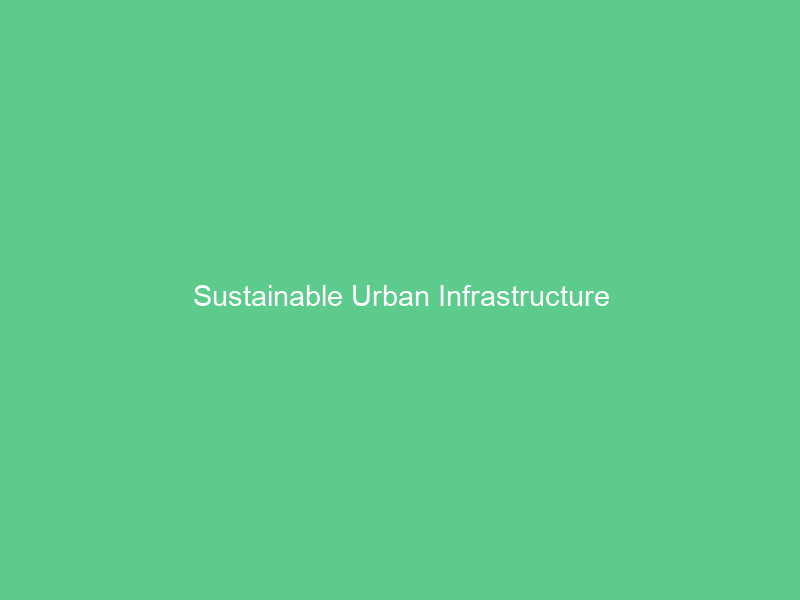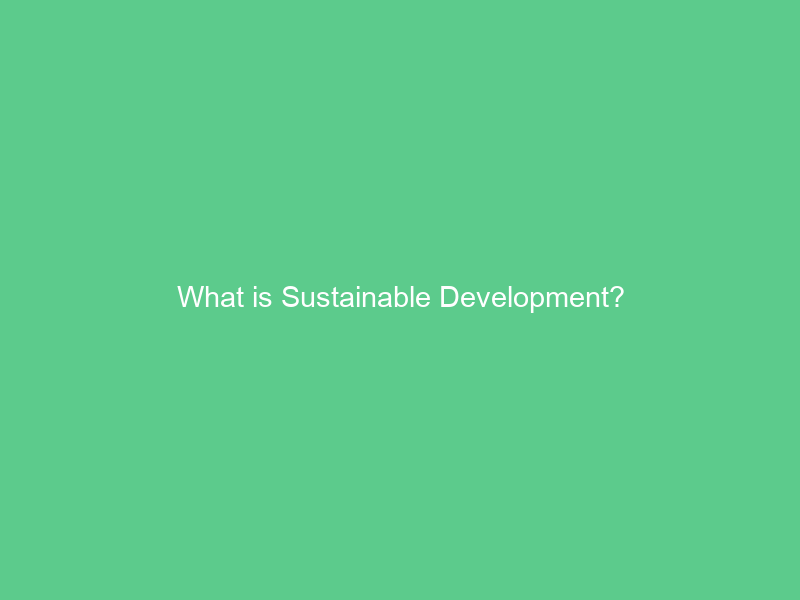-

The Benefits of Electric Vehicles
Electric vehicles are an ideal way to reduce carbon emissions and save on fuel costs while offering an enjoyable driving experience with quieter ride quality and are suitable for…
-

Energy Policy for Multifamily Properties
Energy policy affects how societies produce and use energy. It shapes decisions regarding investments in renewable sources of power as well as strategies to decrease fossil fuel dependence. Policies…
-

Climate Change Mitigation
Mitigation acts like plugging a leak in a boat – slowing or stopping the flow of greenhouse gases into Earth’s atmosphere by decreasing emissions sources or expanding sinks that…
-

Benefits of Mixed-Use Development
Mixed-use development offers many advantages for urban and suburban communities alike, from revitalizing older commercial districts to supporting local businesses. Redevelopment projects that combine residential with retail elements offer…
-

Green Buildings
Green buildings address sustainability issues on a building level. By taking into account all impacts in their life cycle – materials, energy consumption, water usage and waste disposal –…
-

Transit-Oriented Development (TOD)
TOD involves developing compact, walkable neighborhoods near public transit stations that combine housing with jobs centered around high-quality public spaces. TOD allows people to live and work close by,…
-

Sustainable Urban Infrastructure
Sustainable urban infrastructure offers numerous social, environmental and economic advantages. These benefits include reduced energy use, biodiversity conservation efforts and enhanced resilience. Sustainable practices have gained increasing attention as…
-

What is Sustainable Development?
Sustainable development (SD) is an approach that seeks to meet human needs without damaging Earth’s ability to regenerate itself, taking into account economic, social, and environmental considerations in its…
-

Energy Efficiency in Buildings and Residential Settings
Energy efficiency helps relieve strain on power grids and infrastructure, reduce your energy costs, and enhance comfort. Implementation of cost-effective energy efficiency standards and incentives is vital to meeting…
-

Smart Cities and Smart Education
Establishing a smart city strategic plan involves conducting an exhaustive assessment of citizen needs and understanding how technological solutions will meet them. Quantitative tools can assist with quantifying benefits…
